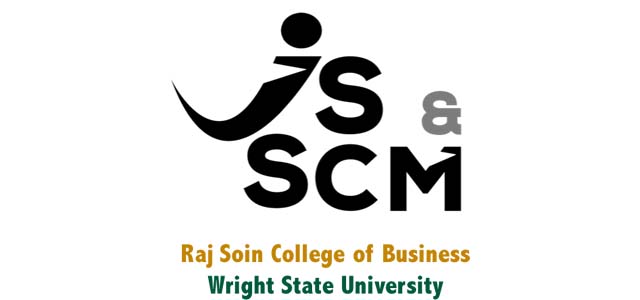Information System Success: Individual and Organizational Determinants
Document Type
Article
Publication Date
12-2006
Abstract
Despite considerable empirical research, results on the relationships among constructs related to information system (IS) success, as well as the determinants of IS success, are often inconsistent. A comprehensive understanding of IS success thus remains elusive. In an attempt to address this situation, which may partly be due to the exclusion of potentially important constructs from prior parsimonious models of IS success, we present and test a comprehensive theoretical model. This model explains interrelationships among four constructs representing the success of a specific IS (user satisfaction, system use, perceived usefulness, and system quality), and the relationships of these IS success constructs with four user-related constructs (user experience with ISs, user training in ISs, user attitude toward ISs, and user participation in the development of the specific IS) and two constructs representing the context (top-management support for ISs and facilitating conditions for ISs). To test the model, we first used meta-analysis to compute a correlation matrix for the constructs in the model based on 612 findings from 121 studies published between 1980 and 2004, and then used this correlation matrix as input for a LISREL analysis of the model. Overall, we found excellent support for the theoretical model. The results underline the importance of user-related and contextual attributes in IS success and raise questions about some commonly believed relationships.
Repository Citation
Jeyaraj, A.,
Chowa, C.,
& Sabherwal, R.
(2006). Information System Success: Individual and Organizational Determinants. Management Science, 52 (12), 1849-1864.
https://corescholar.libraries.wright.edu/infosys_scm/127
DOI
10.1287/mnsc.1060.0583





